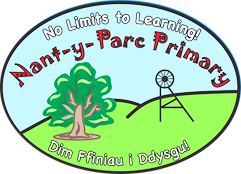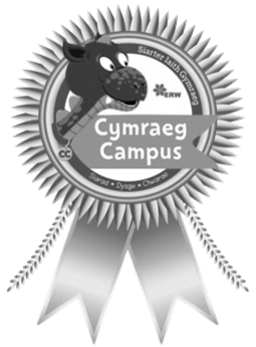Mathematics is an international discipline, and numeracy, the application of mathematics, plays a critical part in our private, social and civic lives, and in the economic health of the nation.
It is imperative that mathematics and numeracy experiences are as engaging, exciting and accessible as possible for learners, and that they ensure that learners develop mathematical resilience (the ability to embrace challenge asa positive aspect of learning). Developing mathematical resilience contributes to the development of ambitious and capable learners.
Supporting the four purposes of the curriculum
The development of mathematics has always gone hand in hand with the development of civilisation itself. Mathematics surrounds us and underpins so many aspects of our daily lives, such as architecture, art, music, money and engineering. And while it is creative and beautiful, both in its own right and in its applications, it is also essential for progress in other areas of learning and experience, not least in Science and Technology, which would be virtually impossible without it. What is more, numeracy – the use of mathematics to solve problems in real-world contexts – is required in almost all areas of life.
Formal mathematics is founded on basic truths and develops through rigorous logical reasoning. It involves inventing or discovering abstract objects and establishing the relationships between them. It also teaches us the difference between conjecture, likelihood and proof.
Mathematical thinking involves applying similarly logical reasoning, this time to the investigation of relations within and between concepts, along with justifying and proving findings. Indeed, understanding mathematical concepts and being able to apply and reason with the abstract representations of concepts is central to learning mathematics. And essential to this is comprehension of, and proficiency with, the symbols and symbol systems used in mathematics.
Applying mathematics requires strategic competence in the use of abstraction and modelling, and learners also develop resilience, as well as a sense of achievement and enjoyment, as they overcome the challenges involved. Subsequently, mathematical activities teach learners not to be afraid of unfamiliar or complex problems, as they can be reduced to a succession of simpler problems and, eventually, to basic computations. And as they reflect on the approaches used, and on their own mathematics and numeracy learning, learners develop metacognitive skills which help them know which steps to take to improve performance. Thus they become ambitious, capable learners, ready to learn throughout their lives.
Mathematics also contributes to developing enterprising, creative contributors, ready to play a full part in life and work. It encourages learners to be creative because it requires them to play, experiment, take risks and be flexible in tackling mathematical problems. Because mathematics is essentially abstract, it teaches learners to operate with objects that do not physically exist, using and developing their creativity to imagine and discover new realities.It also supports numerical modelling and forecasting to encourage entrepreneurial thinking.
Mathematics promotes ethical, informed citizens of Wales and the world by providing learners with tools to analyse data critically, enabling them to develop informed views on social, political, economic and environmental issues. It encourages clarity of thinking, allowing learners to understand and make reasoned decisions.
In mathematics and numeracy, learners encounter contexts involving health and personal finance, and develop the skills needed to manage their own finances, make informed decisions and become critical consumers. They learn to interpret information and data to assess risk, and they use their numeracy skills across the curriculum to make effective choices, becoming healthy, confident individuals, ready to lead fulfilling lives as valued members of society.
Relationships between what matters statements
The different areas of mathematics are highly interconnected and dependent on one another, and, as any teacher of mathematics knows, concepts are built up over time, drawing on prior knowledge and learning, often from more than one area of mathematics. What is important when planning to teach any specific topic is to work out the prior knowledge the learners need in order to be able to access and understand the new topic.
Algebra, geometry and statistics cannot be understood without a prior understanding of number and consistent reference to numbers, calculations and the number system. As learners progress, they learn to see numerical expressions as relational rather than computational, e.g. a computation such as 2 + 8 = 10, and that this is the basis for deriving other facts, e.g. 8 + 2 = 10, 8 = 10 – 2, and so on. This lays the foundations for using algebraic symbolisation successfully. Making connections between arithmetic and algebra helps to develop tools and skills for abstract reasoning from an early age.
Measure is an aspect of geometrical thinking which is closely connected to number, and much of the development of understanding of number can emerge through increasingly sophisticated measuring. Geometric thinking involves reasoning with proportion, which connects with development in number work; it also involves transforming shapes, which relates to the use of functions and mapping in algebra.
Probability is expressed through number in various ways, using percentages, fractions and decimals, and an understanding of the different representations, and the connections between them, is necessary for effective expression of probability. Statistics involves manipulation, representation and interpretation of data, which in turn require numerical and geometric thinking.
More information can be found at
https://hwb.gov.wales/draft-curriculum-for-wales-2022/mathematics-and-nu...











